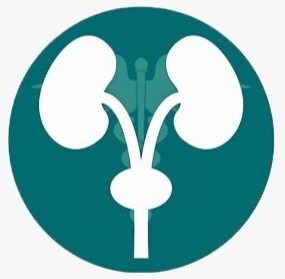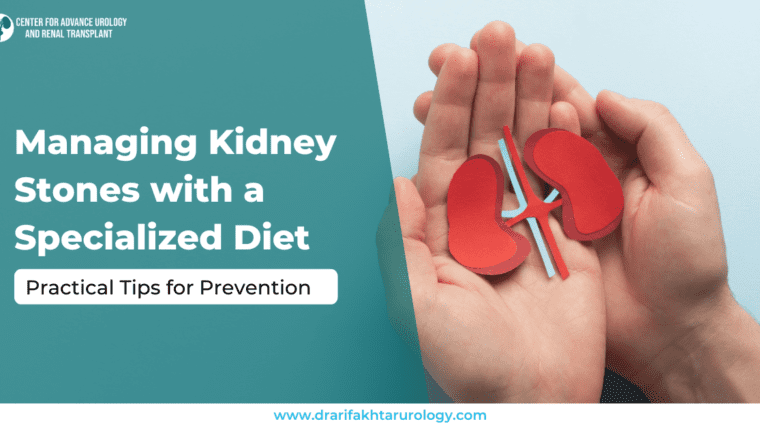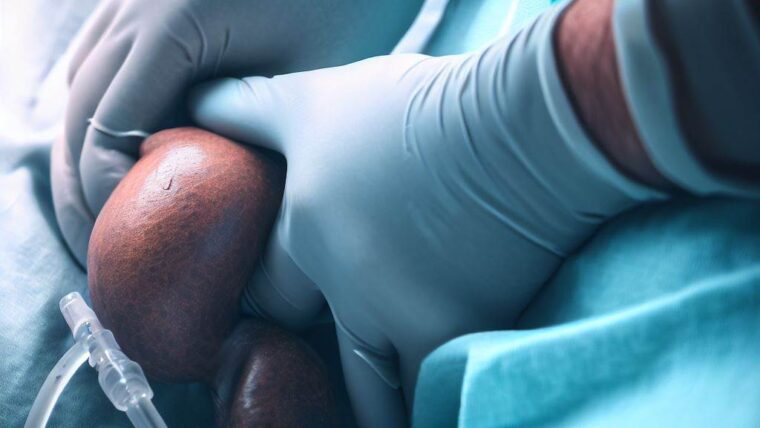Ramadan is an important month for Muslims around the world. It is a time of reflection, prayer, and fasting. However, fasting during Ramadan can be challenging, especially for people with kidney stones. Kidney stones are small, hard deposits that form in the kidneys and can cause intense pain when they pass through the urinary tract. Fasting can increase the risk of kidney stone attacks because people often fail to drink enough water to keep themselves hydrated. In this article, we will discuss how people with kidney stones can fast safely during Ramadan.
The Risks of Fasting with Kidney Stones
Fasting can be dangerous for people with kidney’s stones because it can lead to dehydration. Dehydration can cause urine to become concentrated, making it easier for kidney stones to form. Additionally, fasting can lead to changes in the body’s chemistry that can increase the risk of kidney stone formation. Studies have shown that the number of kidney stone attacks increases during and immediately after Ramadan. Therefore, it is important for people with kidney stones to take steps to stay hydrated during the fast.
Tips for Staying Healthy during Ramadan with Kidney Stones
Consult with a Urologist
If you have kidney stones and are planning to fast during Ramadan, it is important to consult with a urologist. A urologist can provide guidance on how to fast safely and how to manage any symptoms that may arise. If you experience severe pain, fever with chills, or blood in your urine, you should seek medical attention immediately.
Limit Salt Intake
Limiting salt intake is important for people with kidney stones. Salt can increase the amount of calcium in the urine, which can lead to the formation of kidney stones. Avoid adding salt to your food and check the labels of processed foods to see how much sodium they contain. Fast food and restaurant food can be high in sodium, so it is important to be mindful of your salt intake.
Be Mindful of Oxalates
Oxalates are compounds found in many foods that can increase the risk of kidney stones. If you are concerned about kidney stones, talk to your doctor about whether you should limit oxalate-rich foods. If you do eat foods that are high in oxalates, be sure to consume them with a source of calcium. Some examples of high oxalate foods include chocolate, beets, nuts, tea, rhubarb, spinach, Swiss chard, and sweet potatoes.
Drink Plenty of Water
Drinking plenty of water is essential for people with kidney stones. During Ramadan, patients with kidney stones can fast as long as they drink at least three liters of water per day. You can plan your water consumption throughout the day, including 0.5 liters of water with lemon juice before iftar (eating iftar after 15 minutes) and 2.5 liters of water between iftar and suhoor.
Reduce Animal Protein Intake
Animal protein can increase the amount of calcium in the urine, which can lead to the formation of kidney stones. Therefore, it is important to reduce your intake of animal protein. Plant-based protein sources, such as vegetables and fruits, can help the kidneys work more efficiently.’
Avoid Foods that Contain Refined Sugars
Foods that contain refined sugars can stimulate the pancreas to secrete insulin, which can increase calcium excretion. Therefore, it is important to avoid foods that contain refined sugars.
Consume Foods that are High in Vitamin A
Foods that are high in vitamin A, such as cantaloupe, carrots, apricots, pumpkin, and sweet potato, can be beneficial for people with kidney stones.
Conclusion
Fasting with kidney stones can be challenging, but it is possible with proper planning and guidance from a healthcare professional. Patients with kidney stones should ensure they are properly hydrated by drinking at least three liters of water per day and avoiding foods that are high in oxalates, refined sugars, and sodium. Plant-based protein sources, vitamin A-rich foods, and herbs such as cauliflower, onion, watercress, soybeans, and parsley can be beneficial for kidney health.
It is crucial to note that if a patient experiences severe pain, fever with chills, or blood in their urine, they should seek medical attention immediately. Patients with a history of kidney stones should also consult their healthcare provider before fasting during Ramadan.
FAQs
Can fasting increase the risk of kidney stones?
Yes, fasting can increase the risk of kidney stones because many people fail to properly hydrate their bodies by drinking enough water between Iftar and Suhoor. During and immediately after Ramadan, there may be an increase in the number of kidney stone attacks.
Can a person with one kidney fast during Ramadan?
Patients with stable mild/moderate CKD (stage 1–3) may be able to fast if carefully monitored and counselled. Patients with stable renal transplants may also be able to fast if they are closely monitored by their transplant team.
What foods should be avoided on a kidney stone diet?
Foods that are high in oxalates, refined sugars, and sodium should be avoided on a kidney stone diet. This includes chocolate, beets, nuts, tea, rhubarb, spinach, Swiss chard, sweet potatoes, fast food, and processed foods.
How much water should be consumed per day on a kidney stone diet?
Patients with kidney stones should aim to drink at least three liters of water per day, which can be consumed throughout the day by planning water intake before Iftar and between Iftar and Sohoor.
Can herbs be beneficial for kidney health?
Yes, herbs such as cauliflower, onion, watercress, soybeans, and parsley can be beneficial for kidney health.




